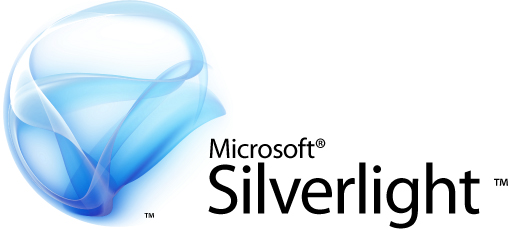Lieberman writes:
With regard to existing applications: today’s Windows Phone applications and games will run on the next major version of Windows Phone. Driving application compatibility is a function of Microsoft’s commitment to its developers. Regardless of what we release in terms of new developer features and functionality, we have made a large investment in protecting your existing investments.

However, he was less certain on developer story going forward, for Windows Phone 8 and Windows 8. Ever since the announcement that Silverlight 5, there have been rumours that this would be the last version of Microsoft’s application framework, leaving developers uncertain as to how to invest their resources and best future-proof their projects. Lieberman had this to say:
We’ve also heard some developers express concern about the long term future of Silverlight for Windows Phone. Please don’t panic; XAML and C#/VB.NET development in Windows 8 can be viewed as a direct evolution from today’s Silverlight. All of your managed programming skills are transferrable to building applications for Windows 8, and in many cases, much of your code will be transferrable as well. Note that when targeting a tablet vs. a phone, you do of course, need to design user experiences that are appropriately tailored to each device.
The comments to this post showed that developers were not reassured by this, as transferrable skills are not a guarantee of code compatibility.
The message to take from this post for Windows Phone developers is to continue working in Silverlight for Windows Phone 7 and 7.5. Microsoft will make sure these applications work on Windows Phone 8, which will give you enough lead time to transfer your code to new frameworks.
